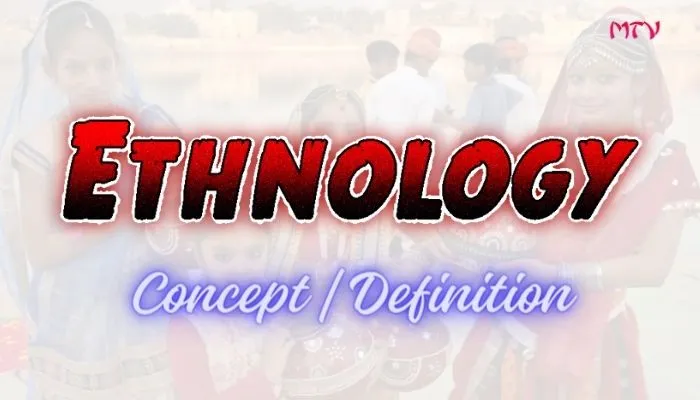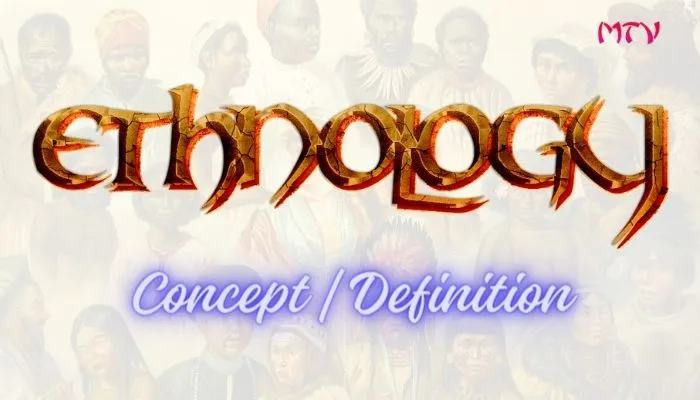Define Ethnology – We explain what ethnology is, its origins, history, importance and objectives. Also, its differences with ethnography.
What is ethnology?
Ethnology is one of the social sciences, very close to anthropology (sometimes considered one of its branches), which is dedicated to the systematic study and comparison of current and past cultures. Thus, it draws conclusions regarding fundamental concepts of human society: cultural diversity, kinship relations and family organization, religiosity, or economic and subsistence systems, among others.
For ethnology, all human manifestations are equally important. Therefore, it does not discriminate between cultural or intangible goods and material or tangible goods, since they are all the result of human organization and its fundamental values.
However, it is common for this discipline to be interested today in unconventional human manifestations, that is, those typical of small, isolated towns or traditional rural societies, as opposed to what is considered the dominant civilizational trend.
This preference responds, in part, to the origins of ethnology at the beginning of the 19th century. At that time, it was considered an organized set of descriptions, data, notes and stories that concerned the “exotic customs” of “strange peoples.” The quotes indicate that these are very relative considerations, and in scientific terms, very unobjective: on the basis of what values to distinguish a “strange” people from a normal one?
For this reason, ethnology changed its foundations in the 20th century, rejecting the use of terms frequent by its founders, such as “savage” or “primitive”, since they started from considering Europe and Western culture as “normal”, ” advanced” or “civilized”: a criterion that ended up legitimizing as science the racist and ethnocentric criteria of the European imperial era.
Objectives of ethnology
The fundamental objective of ethnology could be understood as the description and comparison of different human cultures, with the purpose of understanding and recording the diversity of our species. In that sense, it is a very old objective, which very different cultures addressed at the time.

For example, in ancient Greece the geographer and historian Herodotus (484-425 BC) studied the differences and contrasts between Greeks and Persians or Egyptians. The difference is that current ethnology aspires to do so through techniques endowed with scientific validity, that is, universal, verifiable and that do not depend on the subjectivity of the researcher.
To do this, in general, ethnology has a research method known as ethnography.
Must Read:- Consciousness | Success | Plausible
Importance of ethnology
Ethnology offers the human species knowledge of itself and the learning possibilities that this entails. That is, by comparing the directions taken by different cultures, with their successes, failures, difficulties and differences, we can approach humanity in a more complete and complex way than simply by investigating our own culture.
Ethnology, today, is a discipline that allows humanity to forge its vision of itself, and not so much, as before, the study of the “others” or the “different”. Hand in hand with history, sociology and other human-centered social sciences, it constitutes one of the main contemporary sources of reflections on who we are and of input for museums and the interpretation of our past.
Difference between ethnology and ethnography
As we saw, ethnology is a social science. On the other hand, ethnography is a systematic research method, placed at the service of ethnology and social anthropology. Therefore, an ethnologist can at the same time be an ethnographer, but not necessarily vice versa.
Ethnography proposes the direct observation of the cultural practices of a human group, often even taking part in them, in order to study discourse (what people say) and practice (what people do), through tools such as dialogue, note taking, recording, etc. Thus, it is a field study method, which goes directly to the thing, instead of being mediated through books.
